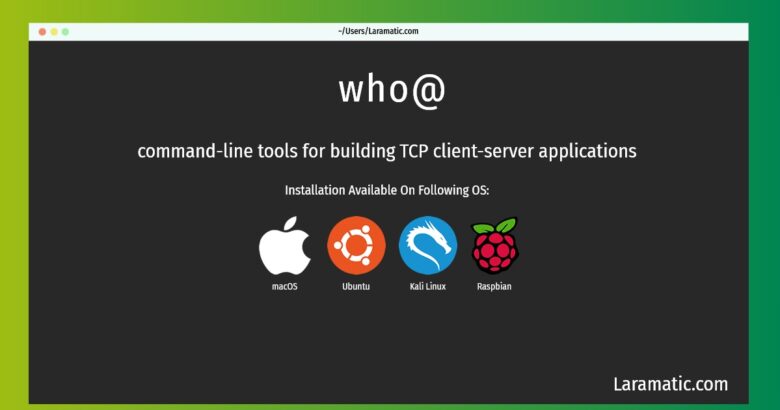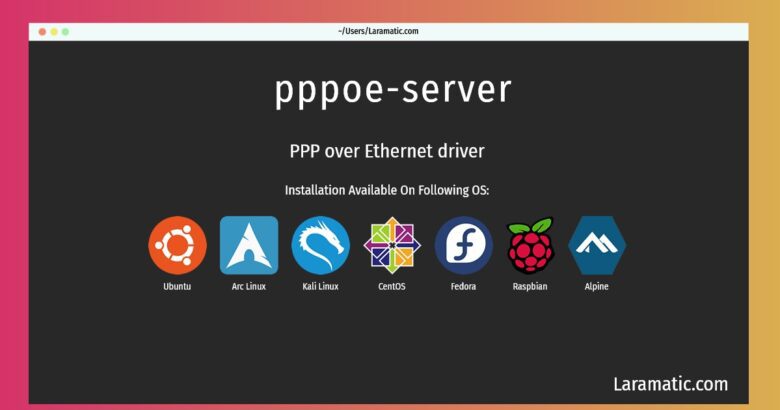Cheetah Installation On A Debian, Ubuntu, Arch, Kali, CentOS, Fedora And Raspbian
Install cheetah
-
Debian
apt-get install python-cheetahClick to copy -
Ubuntu
apt-get install python-cheetahClick to copy -
Arch Linux
pacman -S python-cheetahClick to copy -
Kali Linux
apt-get install python-cheetahClick to copy -
CentOS
yum install python-cheetahClick to copy -
Fedora
dnf install python-cheetahClick to copy -
Raspbian
apt-get install python-cheetahClick to copy
python-cheetah
text-based template engine and Python code generator (Python 2)Cheetah can be used as a standalone templating utility or referenced as a library from other Python applications. It has many potential uses, but web developers looking for a viable alternative to ASP, JSP, PHP and PSP are expected to be its principle user group. Features: * Generates HTML, SGML, XML, SQL, Postscript, form email, LaTeX, or any other text-based format. * Cleanly separates content, graphic design, and program code. * Blends the power and flexibility of Python with a simple template language that non-programmers can understand. * Gives template writers full access to any Python data structure, module, function, object, or method in their templates. * Makes code reuse easy by providing an object-orientated interface to templates that is accessible from Python code or other Cheetah templates. One template can subclass another and selectively reimplement sections of it. * Provides a simple, yet powerful, caching mechanism that can dramatically improve the performance of a dynamic website. * Compiles templates into optimized, yet readable, Python code. This package contains the Python 2 module.
python3-cheetah
text-based template engine and Python code generator (Python 3)Cheetah can be used as a standalone templating utility or referenced as a library from other Python applications. It has many potential uses, but web developers looking for a viable alternative to ASP, JSP, PHP and PSP are expected to be its principle user group. Features: * Generates HTML, SGML, XML, SQL, Postscript, form email, LaTeX, or any other text-based format. * Cleanly separates content, graphic design, and program code. * Blends the power and flexibility of Python with a simple template language that non-programmers can understand. * Gives template writers full access to any Python data structure, module, function, object, or method in their templates. * Makes code reuse easy by providing an object-orientated interface to templates that is accessible from Python code or other Cheetah templates. One template can subclass another and selectively reimplement sections of it. * Provides a simple, yet powerful, caching mechanism that can dramatically improve the performance of a dynamic website. * Compiles templates into optimized, yet readable, Python code. This package contains the Python 3 module.
python2-cheetah
Cheetah is an open source template engine and code generationtool, written in Python. It can be used standalone or combined with other tools and frameworks. Web development is its principal use, but Cheetah is very flexible and is also being used to generate C++ code, Java, SQL, form emails and even Python code.







